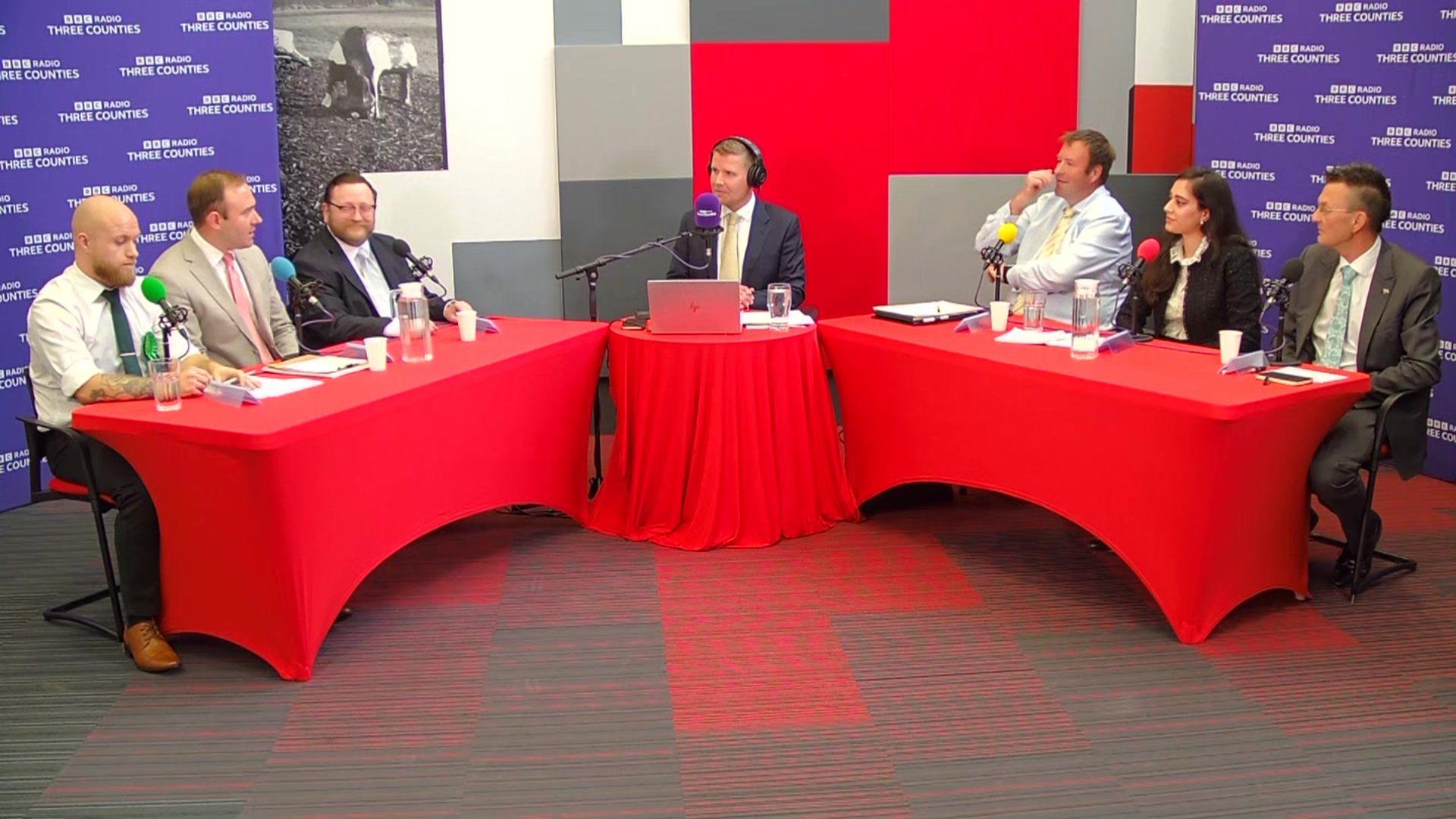Seven takeaways from the Mid Bedfordshire debate
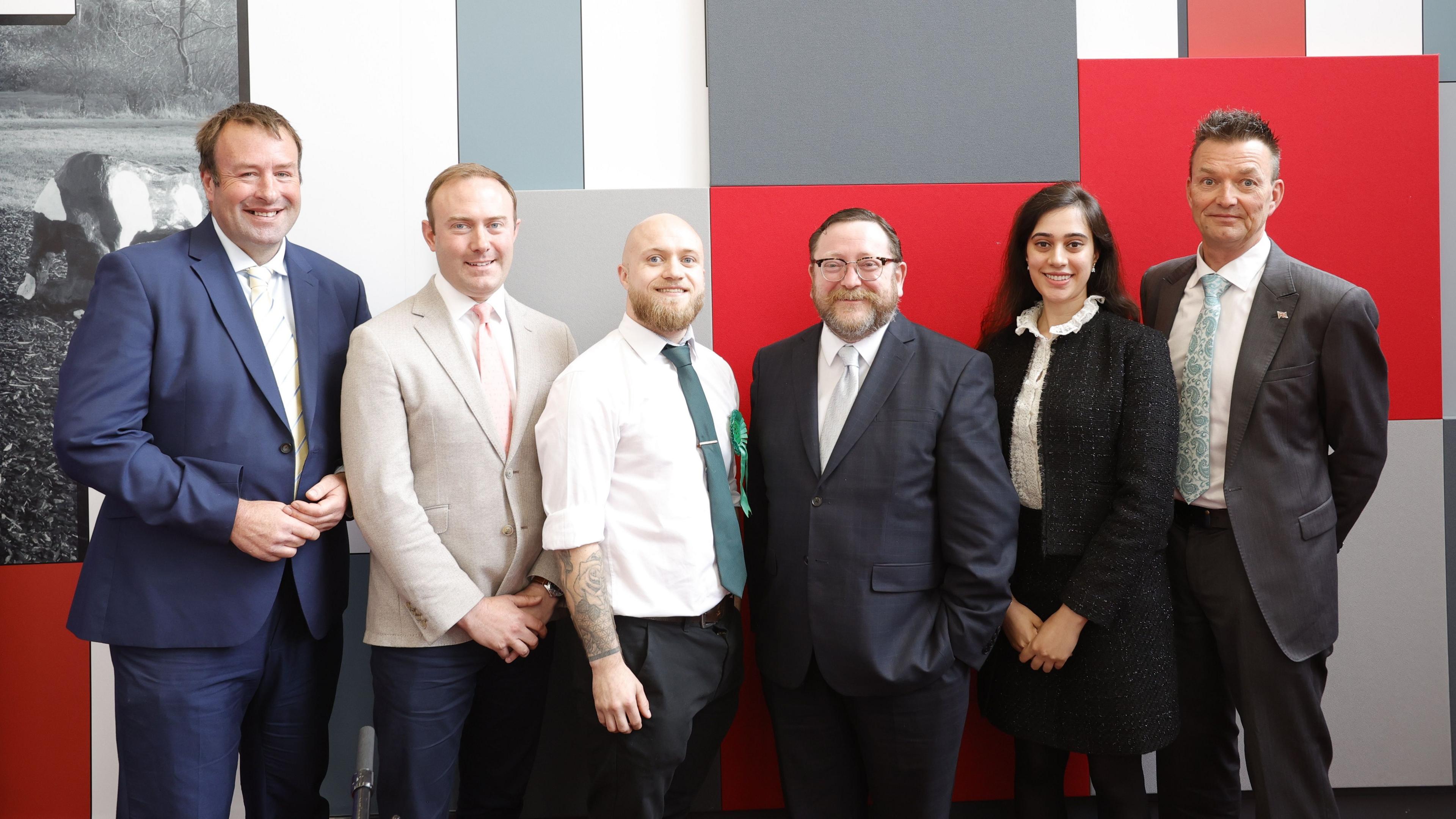
Six of the seven general election candidates for Mid Beds took part in the debate
- Published
General election candidates in the Mid Bedfordshire constituency have gone up against one another in a live debate hosted by BBC Three Counties Radio.
Here are some of the key takeaways from the conversation, which you can watch here.
1. How would you help the NHS?
Conservative Blake Stephenson hoped that one day patients would be able to book a GP appointment anywhere in the country and not just at their registered surgery.
The Green Party candidate Cade Sibley highlighted the 12,000 vacant roles in the NHS, and said that in his day job as a carer he saw the "effects of 14 years of austerity on clients he supports".
Independent Gareth Mackey described "health as wealth", and that tuition fees for student nurses and doctors should be "waived".
Labour's Maahwish Mirza said her party would attempt to clear the NHS "backlog and waiting lists" by putting £1.5bn back into the service.
Liberal Democrat Stuart Roberts said his party would "invest heavily in the NHS and social care".
Dave Holland from Reform UK suggested introducing a voucher system for patients, so that if they did not see a GP in 48 hours, they would qualify for a private appointment.
2. Immigration
The issue of immigration prompted some of the most fierce debate among the candidates.
Conservative Mr Stephenson insisted he wanted "overall migration to come down" but that the NHS needed staff from abroad.
Mr Sibley from the Greens said "the NHS was propped up by foreign workers" and that his party would build "many council houses a year" to enable migrants to have a roof over their heads.
Independent Mr Mackey went further, saying that "dehumanising debates on immigration took him back to the 1930s".
Labour's Ms Mirza wanted a "sensible approach" to the issue and promised the party would introduce 1,000 trained professionals to tackle gangs bringing people over the border.
Lib Dem Mr Roberts agreed with Labour's stance on dealing with gangs and told the debate he got involved in politics partly because of the "hostile language towards migrants".
Reform UK's Mr Holland claimed the NHS was looking for doctors and nurses from the "developing world", rather than training doctors and nurses to "meet our needs".
When pressed by Jonathan Vernon-Smith, who was hosting the debate, on whether short-term rises in immigration would be acceptable if it brought more doctors to the UK, Mr Holland told the debate "that was happening anyway".
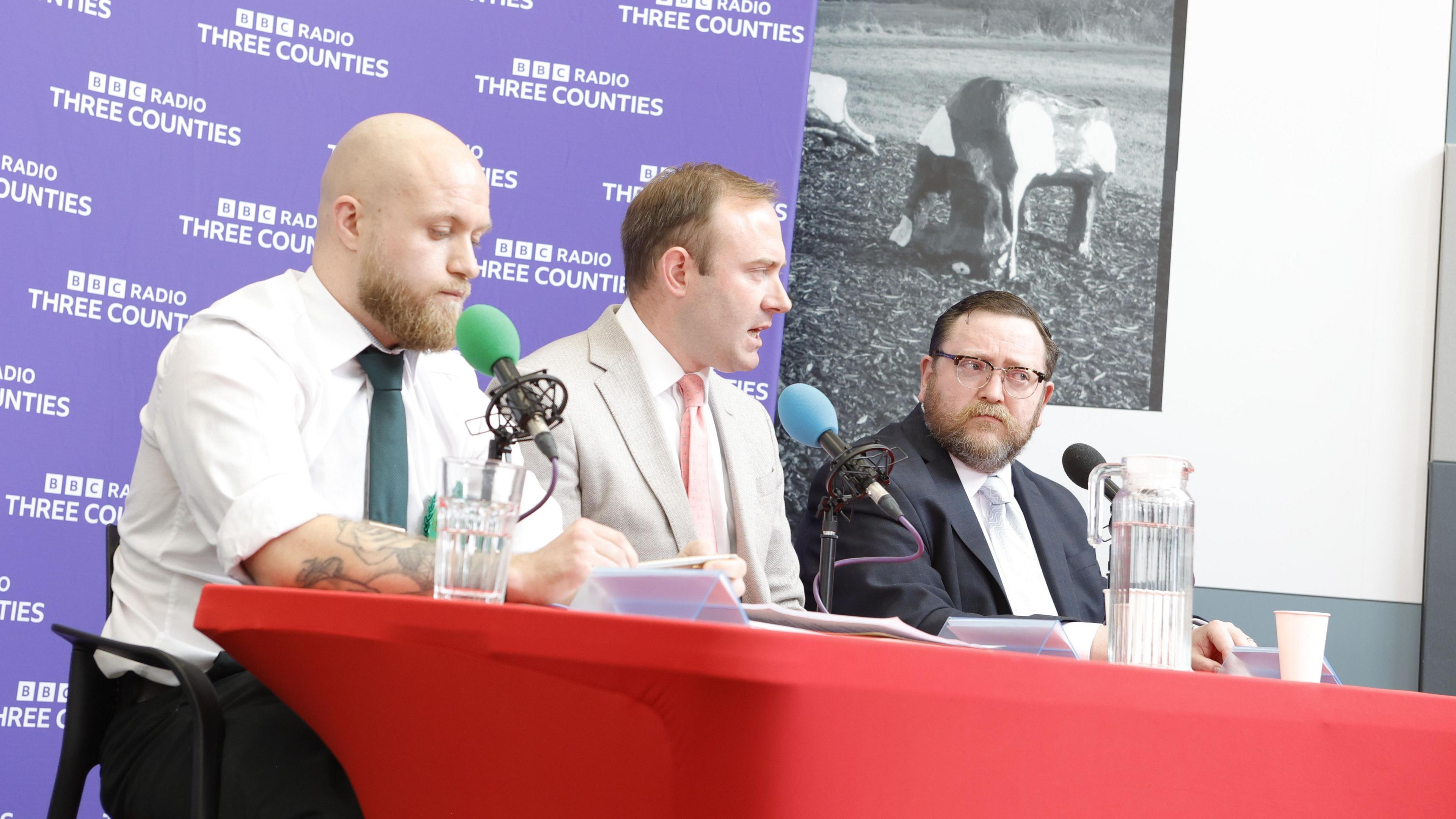
The candidates responded to issues concerning constituents such as the cost of living
3. Cost-of-living crisis
All six candidates were keen to stress the ways in which their party would put more money in the pockets of their constituents.
Conservative Mr Stephenson pointed to tax cuts in his party's manifesto as a way forward and blamed "macroeconomic crisis like Covid" for the fact that the state was too big.
Green candidate Mr Sibley said Labour's energy plans "didn't go far enough" as it would only be focusing on an "electricity generation".
Independent Mr Mackey was "supportive of nationalised energy solutions" but said "runaway privatisation has increased costs dramatically for the everyday working person".
Labour's candidate Ms Mirza said her party's promise of a state-owned renewable energy company, which would not rely on fossil fuels, would see bills fall by "£300 per household" over the course of the next Parliament.
The Lib Dem candidate Mr Roberts revealed he had been working on a food strategy for his party, so the most vulnerable "wouldn't have to choose between energy and food".
Reform's Mr Holland claimed "as a country we weren't cost efficient" and were being "forced to ship gas and coal from overseas".
4. Bad education?
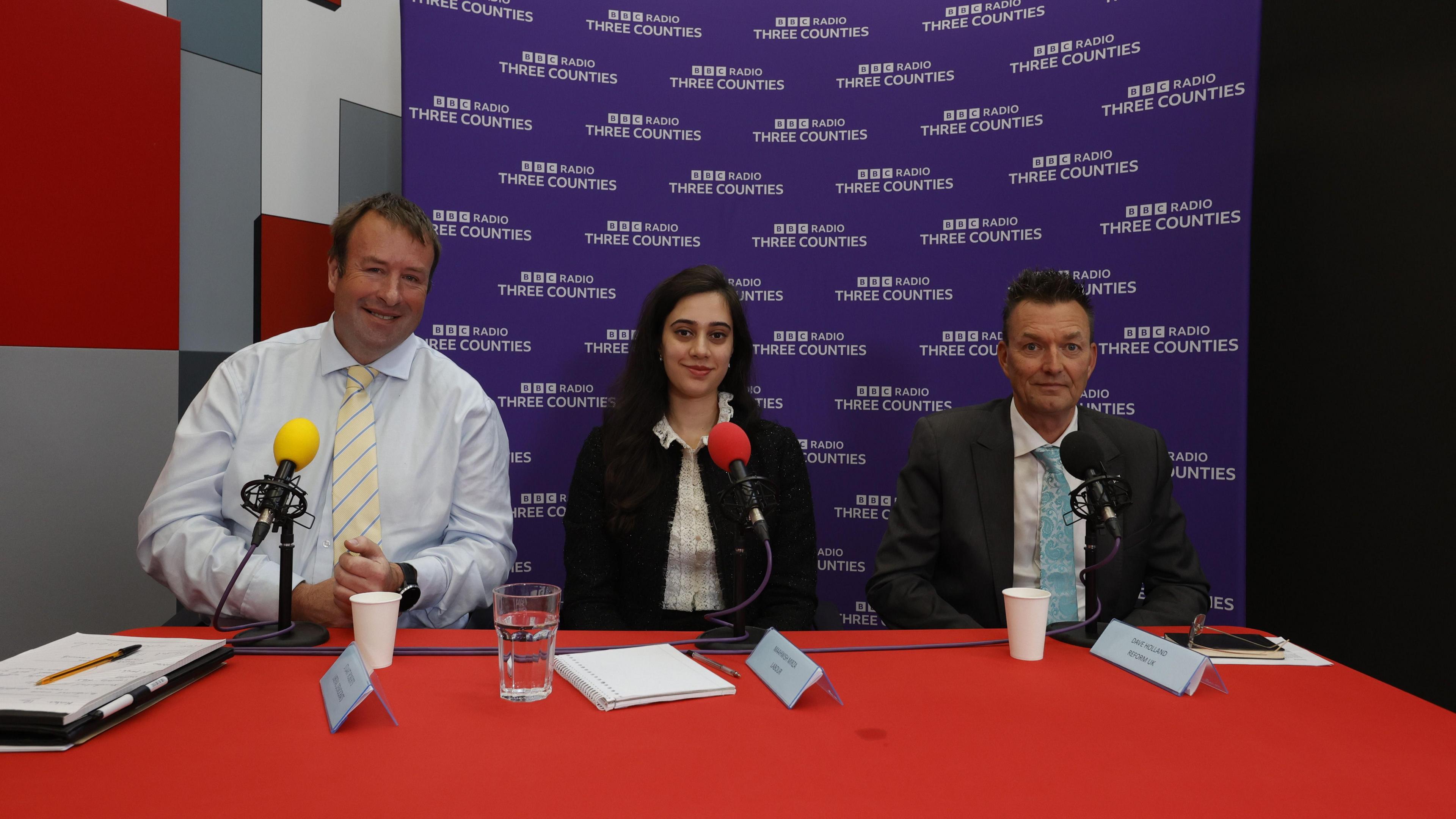
All the candidates agreed that the next government needed to make changes in education
Everyone agreed something needed to change in education policy.
Conservative Mr Stephenson insisted teachers were "at the centre of everything we do" and wanted the paperwork they do to be "stripped away so they can do what they love".
Green Mr Sibley said "substantial funding" was needed to avoid "parents having to save for years to get children into private schools".
Independent Mr Mackey was keen to reduce workload so that teachers could "enjoy family life again, and not be marking books at 10pm".
Labour's Ms Mirza agreed teachers were "overstretched" with the party having a plan to recruit 6,000 more into the profession.
Liberal Democrat Mr Roberts felt that as a country we "needed to value teachers", and he promised party investment of £5bn to "pay teachers more and improve crumbling schools in Mid Beds".
Mr Holland for Reform UK wanted "radical reform" of education so that state schools were on a par with private.
5. The Social Democratic Party
Richard Brunning, the parliamentary candidate for the Social Democratic Party, was not part of the debate.
He told the BBC he was standing for MP "because of complete disillusionment in the state of politics and politicians in the UK, along with a desire to bring common sense and decency back into the House of Commons".
He said: "Immigration numbers were having a colossal knock-on effect on our public services, never mind the cost of housing.
"Affordable housing and an increase in social provision is a cornerstone of the Social Democratic Party manifesto, along with a reform of the NHS and the building of a National Care Service to ensure good quality, comprehensive provision," he said.
He wanted to "bring national monopolies like water, energy and trains back into public ownership will bring value to the public purse".
6. My favourite place?
To end the debate, presenter Jonathan Vernon-Smith asked candidates to name their favourite place in the constituency.
And, for once, there was some cross-party agreement!
Both the Labour and Reform candidates named Ampthill Park, while the Conservative and Lib Dems formed an alliance over Wrest Park in Silsoe.
For the Green candidate, he chose his home of Toddington and the independent said Flitwick Cricket Club.
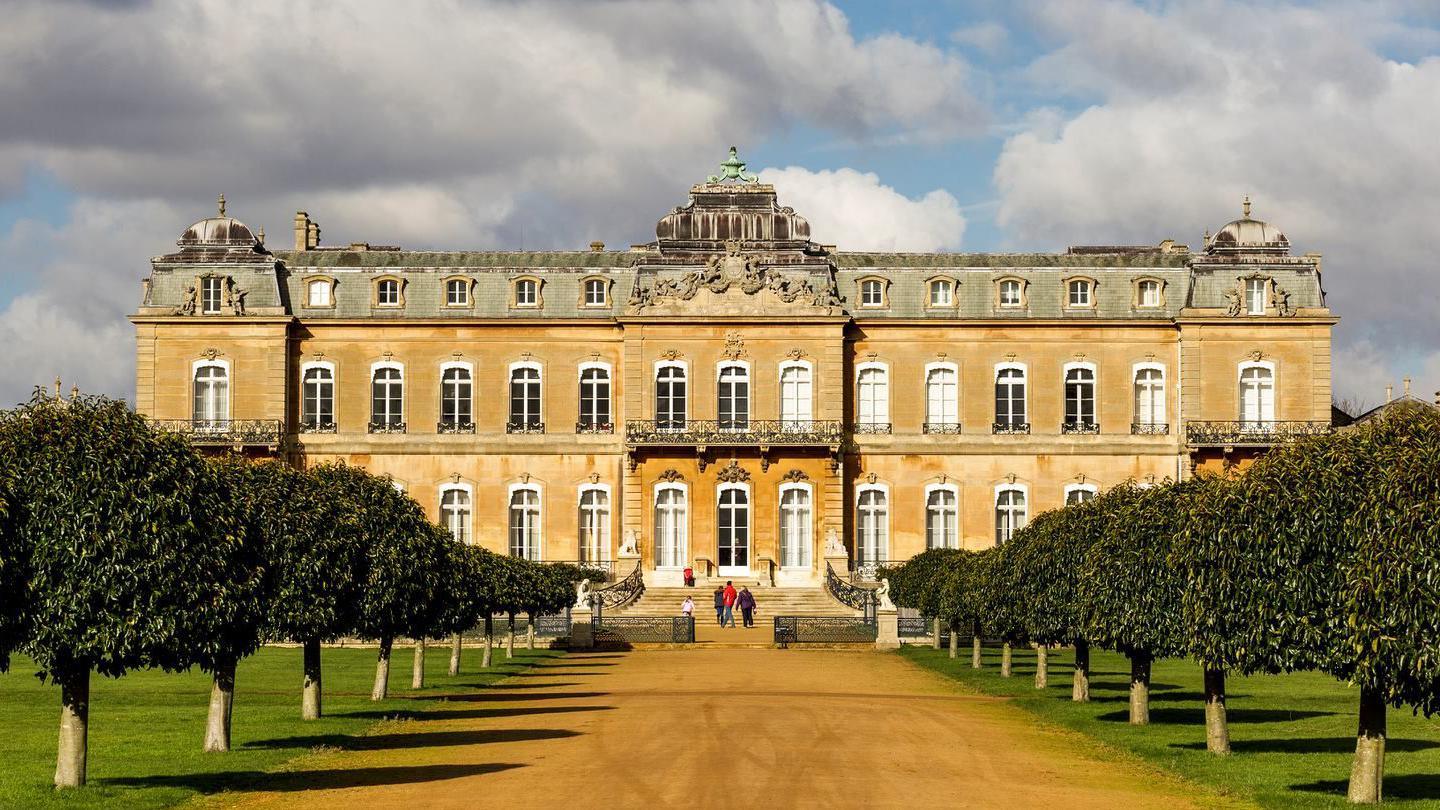
The landmark Wrest Park won some cross-party praise during the event
7. How did it go?
This was the first live-streamed local radio debate done by the BBC in this election campaign.
Key election topics were discussed in a balanced and measured way, and although clear differences of opinion were obvious amongst the candidates they were put across politely, with scarcely a raised voice.
As these debates continue across England it will be interesting to see how other candidates respond to the issues facing their constituencies.
Follow East of England news on Facebook, external, Instagram, external and X, external. Got a story? Email eastofenglandnews@bbc.co.uk, external or WhatsApp us on 0800 169 1830
